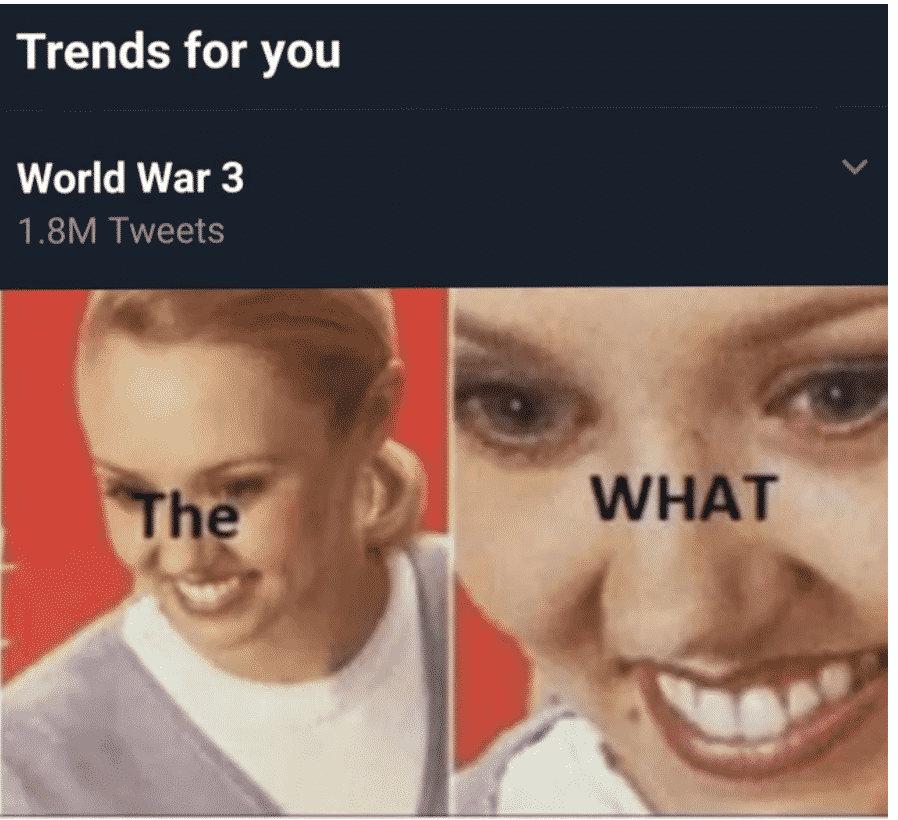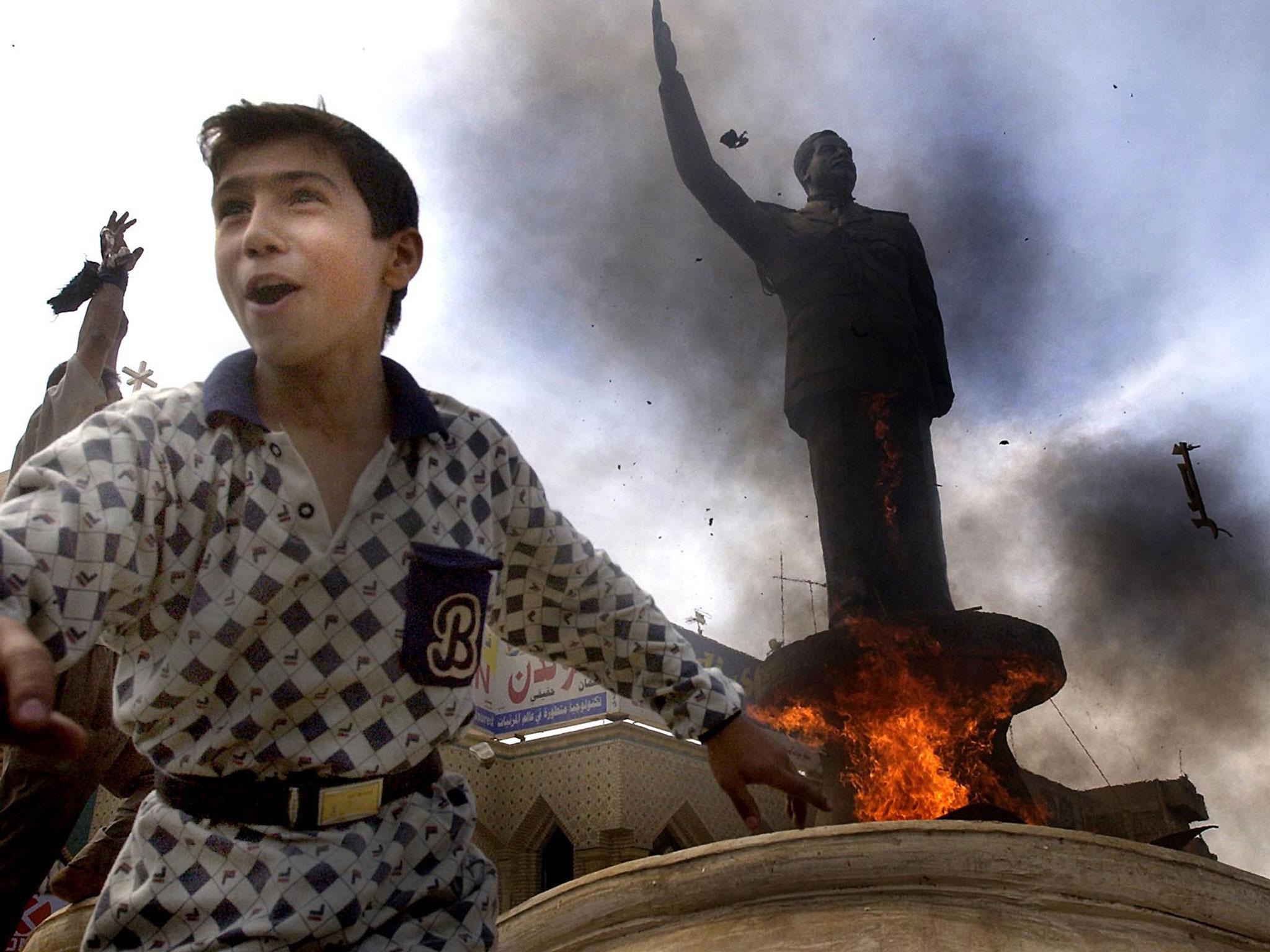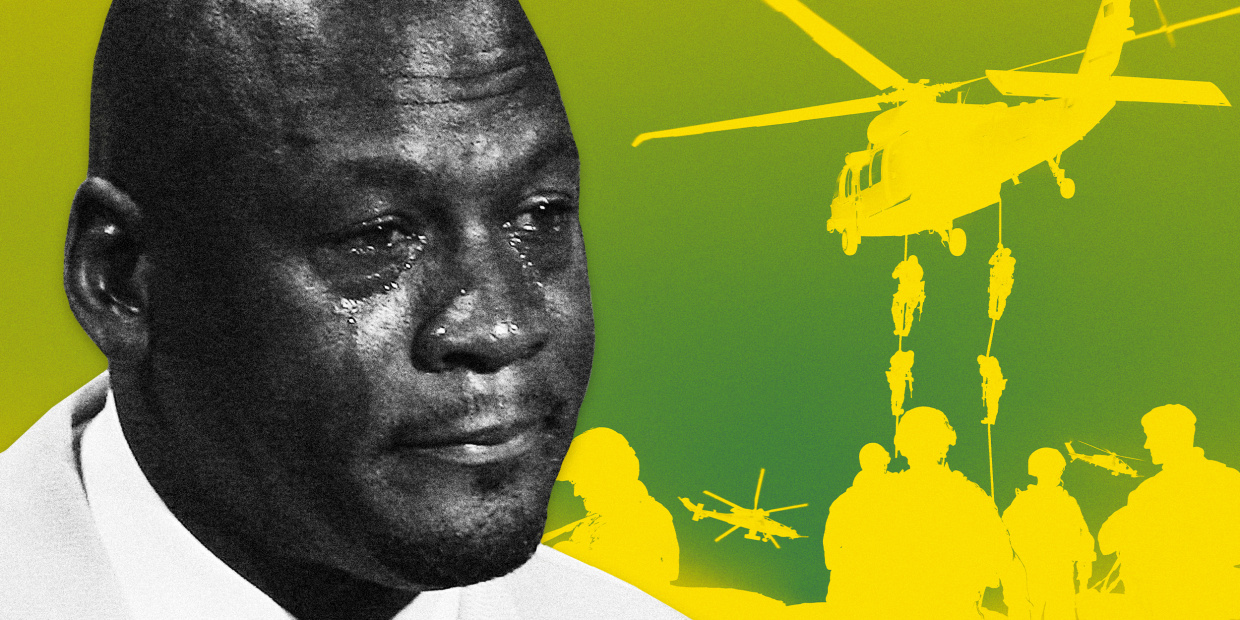

"Operation Dropshot" was the 1950s United States contingency plan for a possible nuclear and conventional war with the Soviet Union in the Western European and Asian theaters. Some of those plans are now out of date and have been partially or fully declassified. Military planners have been war gaming various scenarios, preparing for the worst, since the early days of the Cold War. ( Time persists in using this term, for example, in a 2015 book review entitled "This Is What World War III Will Look Like". whether to plant the seeds of World War III." Time continued to entitle with or mention in stories the term "World War III" for the rest of the decade (and onwards): 1944, 1945, 1946 ("bacterial warfare"), 1947, and 1948. Wallace: "We shall decide some time in 1943 or 1944. In its 22 March 1943, issue under its "Foreign News" section, Time reused the same title "World War III?" with regard to statements by then- U.S. Hermann Rauschning, who had just arrived in the United States. The first usage appears in its 3 November 1941 issue (preceding the Japanese attack on Pearl Harbor on 7 December 1941) under its "National Affairs" section and entitled "World War III?" about Nazi refugee Dr. Time magazine was an early adopter, if not originator, of the term "World War III". 4.3 Multiple small wars as a "third war".3.11 Incident at Pristina airport: 12 June 1999.3.10 Norwegian rocket incident: 25 January 1995.3.9 Able Archer escalations: 2–11 November 1983.3.8 "Petrov save" incident: 26 September 1983.3.7 NORAD computer error of 1979: 9 November 1979.3.6 Yom Kippur War super-power tensions: 6–25 October 1973.3.4 Sino-Soviet border conflicts: 2 March – 11 September 1969.


The potential absolute destruction of the human race may have contributed to the ability of both American and Soviet leaders to avoid such a scenario. At the height of the Cold War, the doctrine of Mutually Assured Destruction ("MAD") had been developed, in which determined an all-out nuclear confrontation would cause the annihilation of all of the states involved in the confrontation. Scenarios ranged from conventional warfare to limited or total nuclear warfare. During the Cold War years, the possibility of a Third World War was anticipated and planned for by military and civil authorities in many countries. With the advent of the Cold War in 1945 and with the spread of nuclear weapons technology to the Soviet Union, the possibility of a third global conflict became more plausible. The outbreak of World War II in 1939 disproved the hope that mankind might have already "outgrown" the need for such widespread global wars. During the interwar period, WWI was typically referred to simply as "The Great War". Prior to the beginning of World War II (i.e., in 1939), World War I (1914–1918) was believed to have been " the war to end wars", as it was popularly believed that never again could there possibly be a global conflict of such magnitude. Large-scale apocalyptic events like these, caused by advanced technology used for destruction, could potentially make the Earth's surface uninhabitable. Another major concern is that biological warfare could cause a very large number of casualties, either intentionally or inadvertently by an accidental release of a biological agent, the unexpected mutation of an agent, or its adaptation to other species after use. ĭue to the development and use of nuclear weapons near the end of World War II and their subsequent acquisition and deployment by many countries, the potential risk of a nuclear apocalypse causing widespread destruction of Earth's civilization and life is a common theme in speculations about a Third World War.

Some apply it loosely to refer to limited or smaller conflicts such as the Cold War or the War on Terror, while others assume that such a conflict would surpass prior world wars in both scope and destructive impact. The term has been in use since at least as early as 1941. World War III or the Third World War, often abbreviated as WWIII or WW3, are names given to a hypothetical third worldwide large-scale military conflict subsequent to World War I and World War II. Such a conflict has been hypothesised to result in human extinction. Nuclear warfare is a common theme of World War III scenarios.


 0 kommentar(er)
0 kommentar(er)
